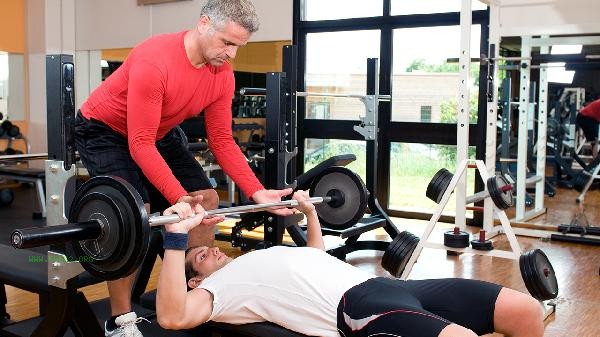Barbecue is not completely prohibited during fitness, but attention should be paid to ingredient selection and frequency of consumption. Barbecue foods may have issues such as high fat, high salt content, and excessive processing, which conflict with fitness goals. Healthy barbecue requires attention to meat quality, cooking methods, and pairing with vegetables and fruits. When choosing barbecue, fitness enthusiasts should prioritize low-fat and high protein ingredients such as chicken breast, fish, or shrimp. These ingredients are simply marinated and baked to avoid excessive use of oil and sauce. The burnt substance generated during the baking process may contain carcinogenic ingredients. It is recommended to control the heat and wrap it with tin foil to reduce direct contact with open flames. Paired with grilled vegetables and fruits, such as zucchini, mushrooms, peppers, or pineapples, can supplement dietary fiber and vitamins, helping to balance nutrient intake. Some commercial barbecues may use excessively marinated cheap meat, which contains a large amount of additives and trans fatty acids. This type of food can easily lead to excessive calories and low nutritional value, and long-term consumption may affect muscle synthesis and metabolic health. After exercising, the body needs high-quality protein and antioxidants to repair tissues. Heavy flavored barbecue may increase gastrointestinal burden and delay recovery. Occasionally satisfying cravings, you can choose homemade barbecue, strictly control the amount of sauce used, and increase the proportion of vegetables.

During the fitness period, it is necessary to balance nutritional needs and calorie control in diet. Barbecue is not an absolute taboo, but it needs to be scientifically matched. It is recommended to focus on low-temperature cooking such as steaming and stewing, and barbecue no more than twice a month. Timely replenish water and electrolytes after exercise, and avoid eating barbecue and alcoholic beverages together. Maintaining a diverse dietary structure and ensuring a balanced intake of carbohydrates, proteins, and healthy fats is essential to better support training effectiveness and overall physical health.









Comments (0)
Leave a Comment
No comments yet
Be the first to share your thoughts!